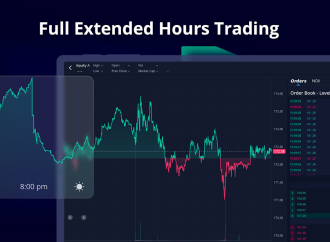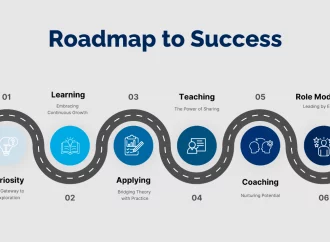Are you wondering who is really in charge of our public health? It’s a question that has been on everyone’s mind, especially during the current COVID-19 pandemic. With conflicting information and political pressures, it can be difficult to understand who is making decisions that impact our well-being. In this blog post, we’ll take a closer
Are you wondering who is really in charge of our public health? It’s a question that has been on everyone’s mind, especially during the current COVID-19 pandemic. With conflicting information and political pressures, it can be difficult to understand who is making decisions that impact our well-being. In this blog post, we’ll take a closer look at the challenges facing public health authorities today and examine the factors that are influencing their decision-making processes. So buckle up and get ready for an eye-opening journey into the world of public health management!
A Brief History of Public Health
Public health authorities have a long and varied history, dating back to the early days of sanitation and public health. Over the years, they have evolved to become the key agents in public health today. They play a vital role in preventing and managing diseases, ensuring that people have access to essential healthcare services, and helping to promote healthy lifestyles.
Public health is a complex field with many challenges facing public health authorities today. One of the biggest challenges is funding: public health agencies often struggle to receive adequate funding for their work. This can lead to poor service delivery and inadequate resources for prevention and control of disease. In addition, public health agencies face numerous other challenges, including:
• Managing a rapidly expanding population: Public health agencies must address both chronic conditions such as obesity and diabetes as well as acute conditions such as pandemics and outbreaks of illness.
• Responding to rapidly changing technology: Public health authorities must keep up with advances in technology, particularly when it comes to diagnostics and treatment options for disease.
• Facing political pressure: Public health authorities are constantly under pressure from various stakeholders – including politicians, industry players, and the media – to make decisions that may benefit themselves more than the general public.
The Special Challenges Facing Public Health Authorities Today
Public health authorities are under pressure to meet ever-increasing demands and responsibilities while facing a budget crunch. They also have to confront new and complex epidemics, such as pandemics, antibiotic resistance, and obesity. In addition, public health authorities must grapple with traditional public health challenges such as food safety and clean water. To meet these challenges, public health authorities need the resources and support they receive from their governments. However, many governments are struggling to fund public health programs due to austerity measures or other budgetary restrictions. This article looks at the current challenges facing public health authorities and offers some ways that they can overcome them.
The Role of Technology in Public Health
The role of technology in public health is essential to fulfilling the objectives of public health departments.
Public health authorities use technology to monitor and track outbreaks, gather information on population trends, and administer prevention and treatment programs.
They also use technology to transmit information to individuals and communities about public health issues.
Public health authorities face many challenges as they use technology to fulfill their duties. For example, they must find ways to electronically share data with other government agencies and private sector partners, while protecting confidential information. They must also develop strategies for managing large data sets that can help identify trends and patterns. And finally, they must ensure that communications platforms are accessible and user-friendly so that all members of the community can participate in discussions about public health issues.
Closing the Gap between Public Health Authorities and the People They Serve
Public health authorities have a lot of work to do if they want to close the gap between themselves and the people they serve. In this article, we look at some of the challenges public health authorities face today.
One challenge public health authorities face is that many citizens don’t feel like they have a say in how their health is managed. This can be because the public health system is decentralized, meaning that different parts of it are run by different organizations and agencies. This makes it difficult for citizens to get information about their health, access services, or hold government officials accountable.
Another challenge public health authorities face is that there are often funding shortages. Many governments are struggling to fund public health programs due to budget cuts or economic concerns. This means that public health authorities are often forced to make difficult choices about which programs to continue or reduce. If funding isn’t available, it’s difficult for public health officials to implement effective policies or programs.
Lastly, public health authorities often lack the manpower and resources necessary to address complex issues such as chronic diseases and environmental hazards. This means that they may not be able to address problems quickly enough or in a way that is effective.
Conclusion
In the face of mounting public health threats, such as antibiotic-resistant infections and chronic diseases, it is clear that effective public health authorities are essential. However, with budgets being slashed and an increasing demand for services from a population increasingly mobile, epidemiologists, statisticians, and other scientists working in public health today face many challenges. This paper aims to provide an overview of some of these challenges and suggest ways in which they can be overcome.





















Leave a Comment
Your email address will not be published. Required fields are marked with *